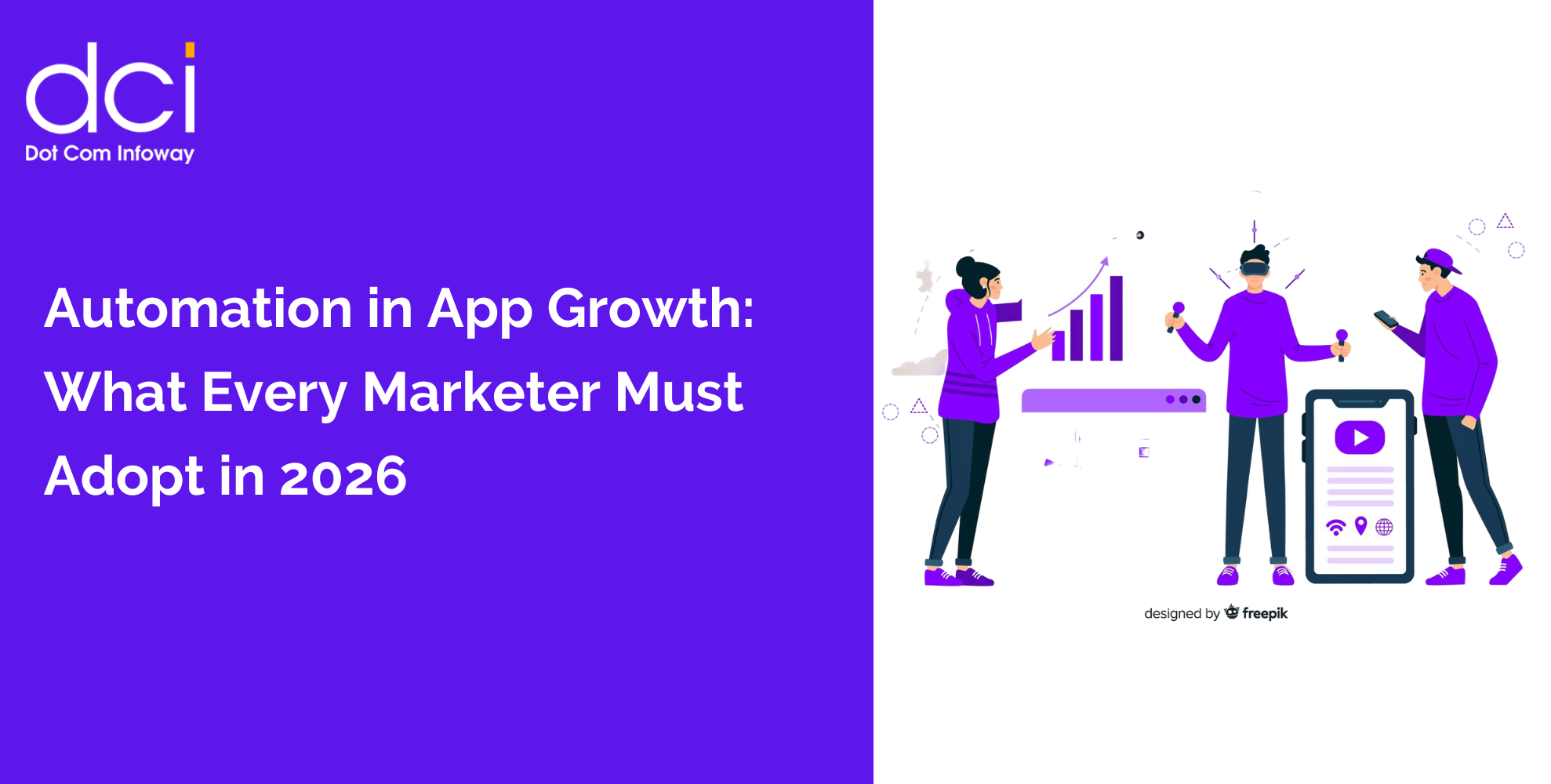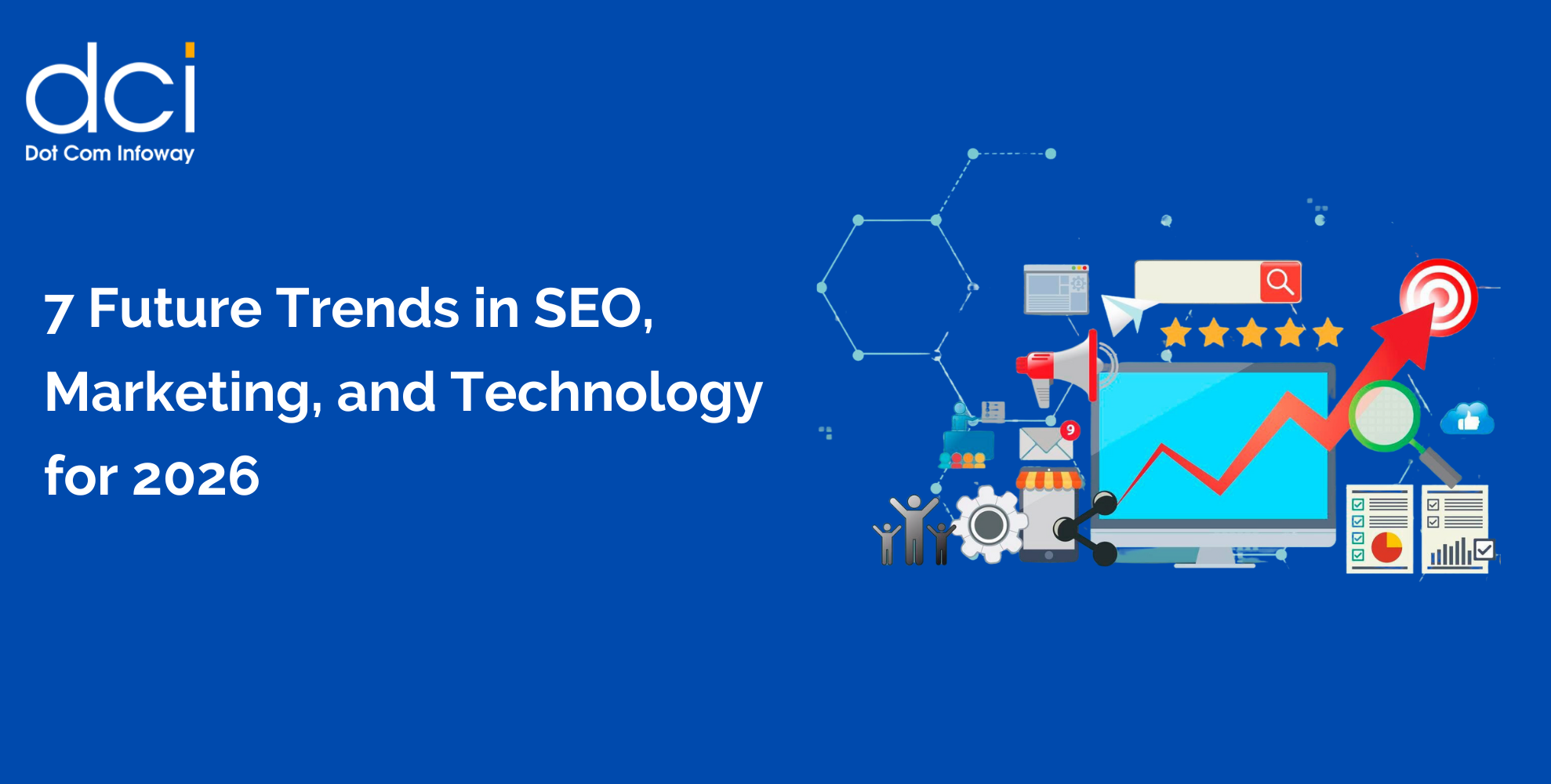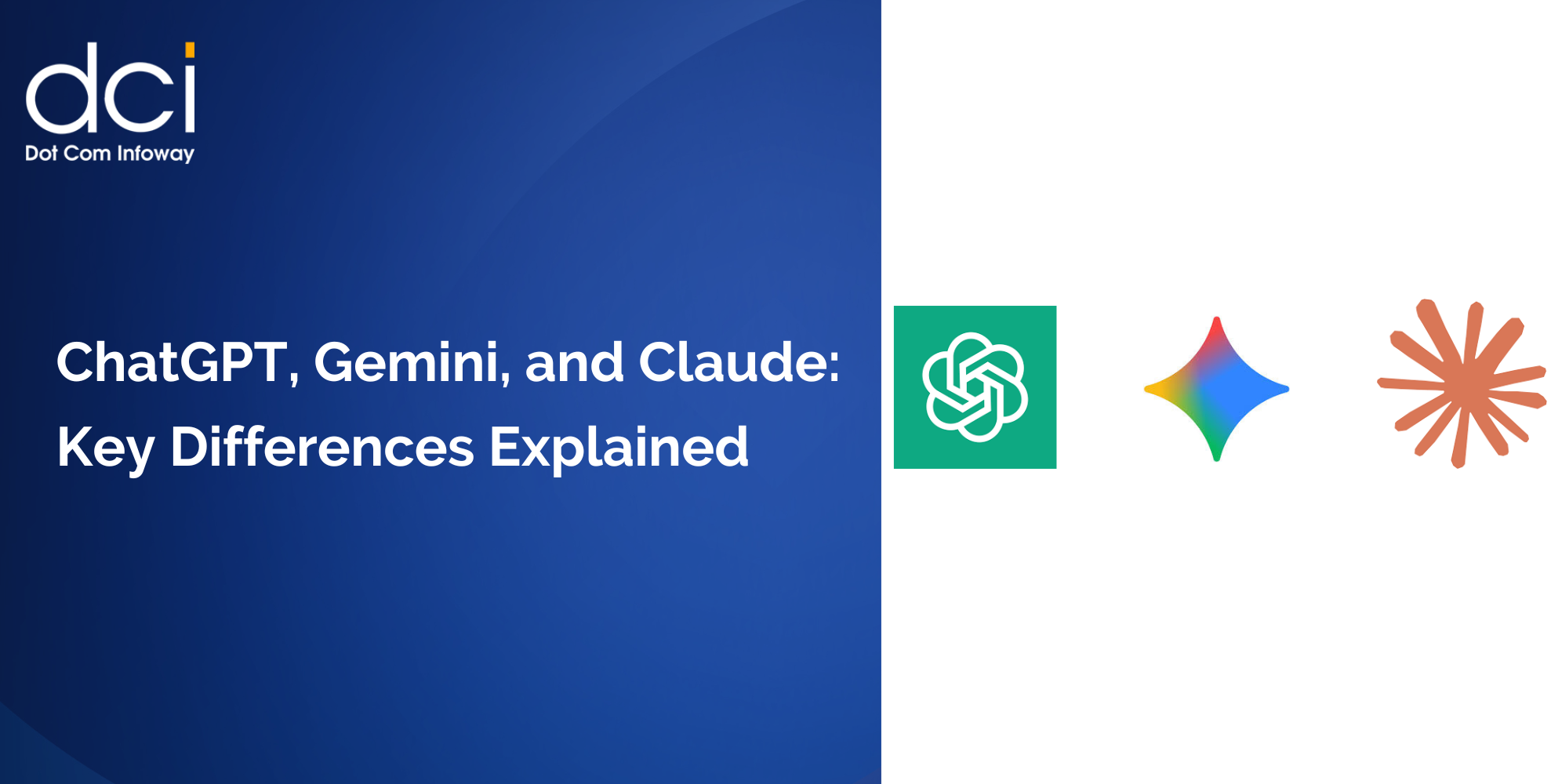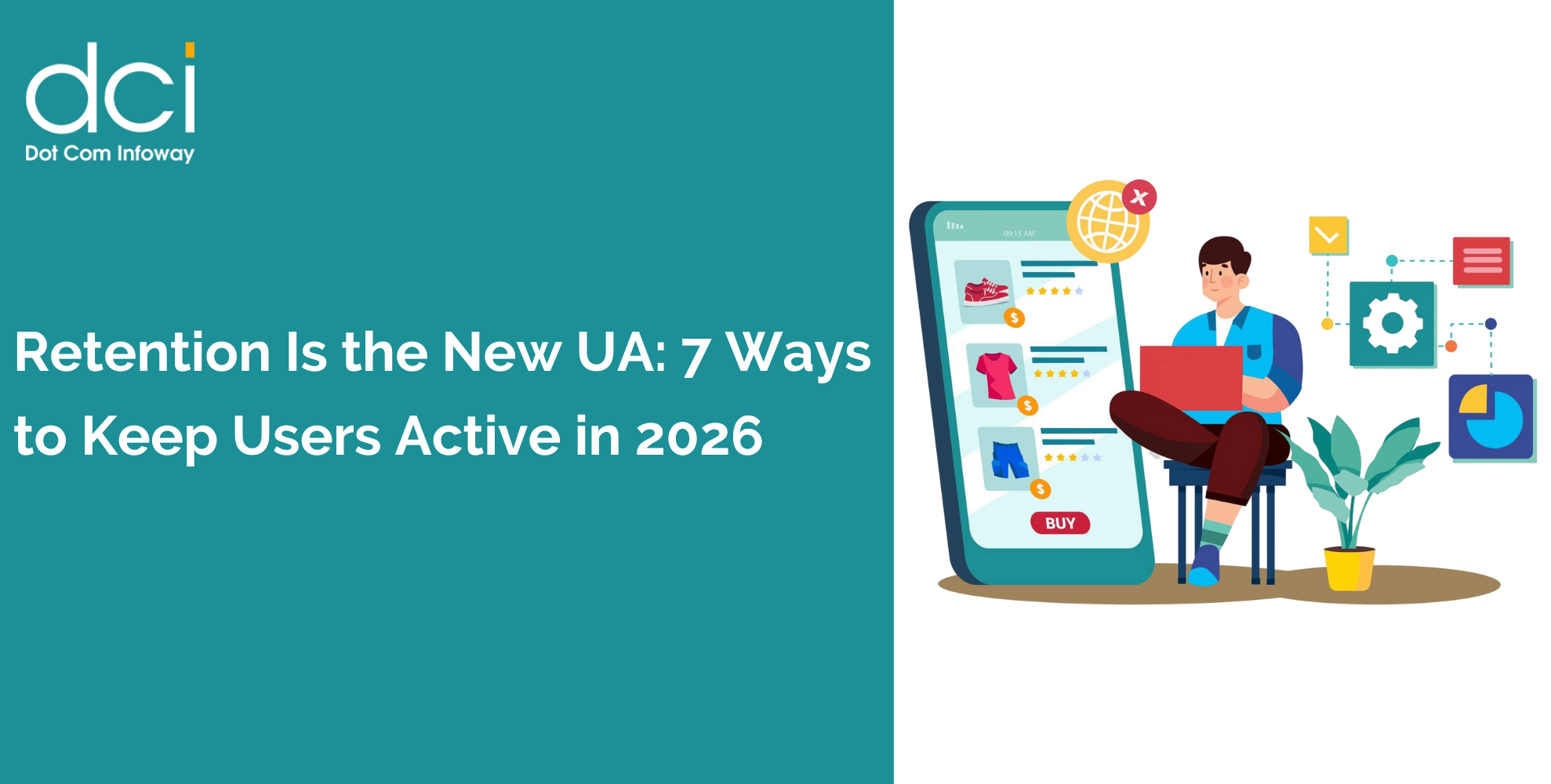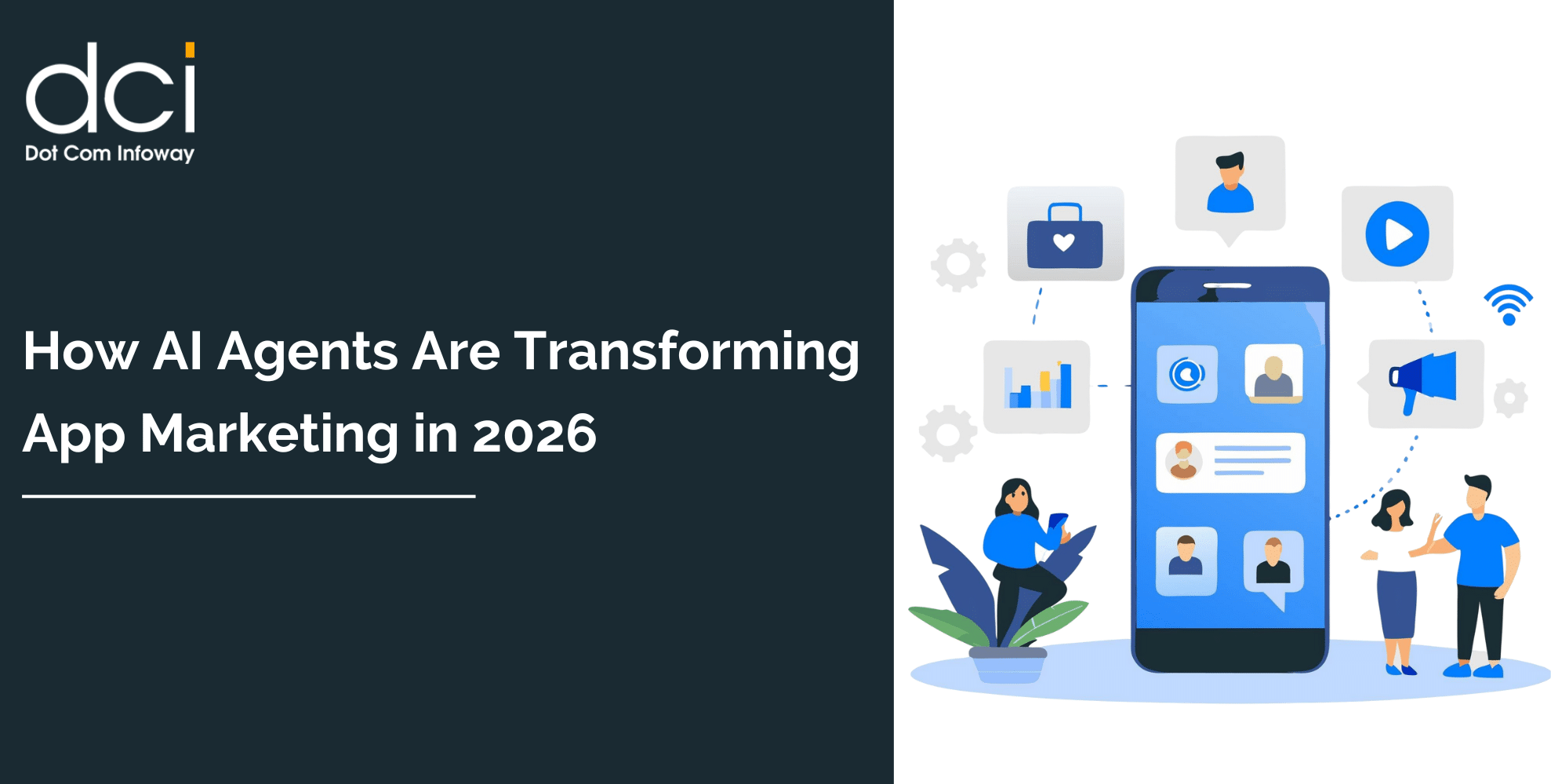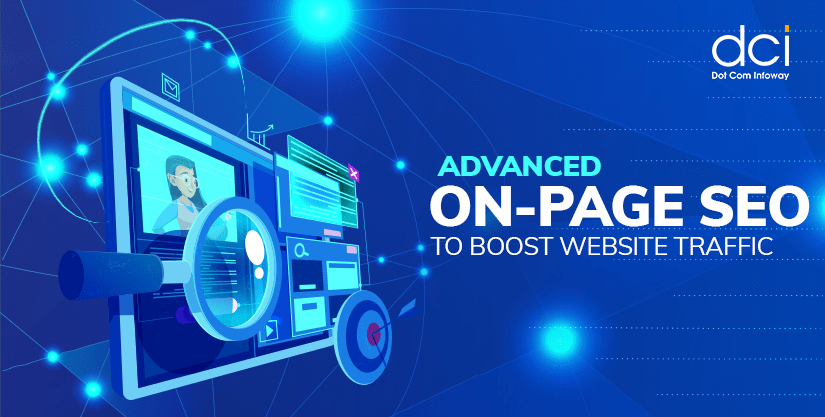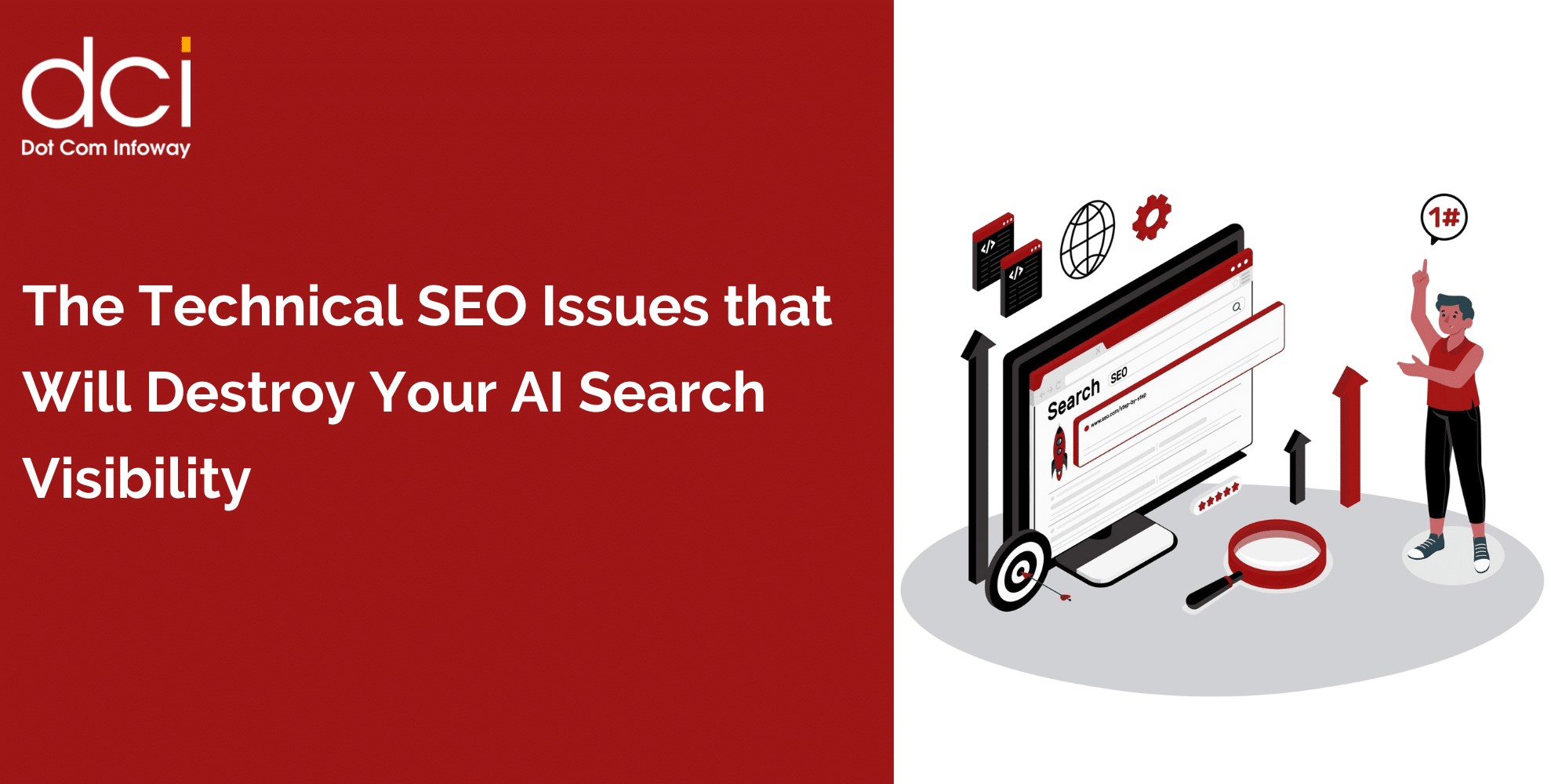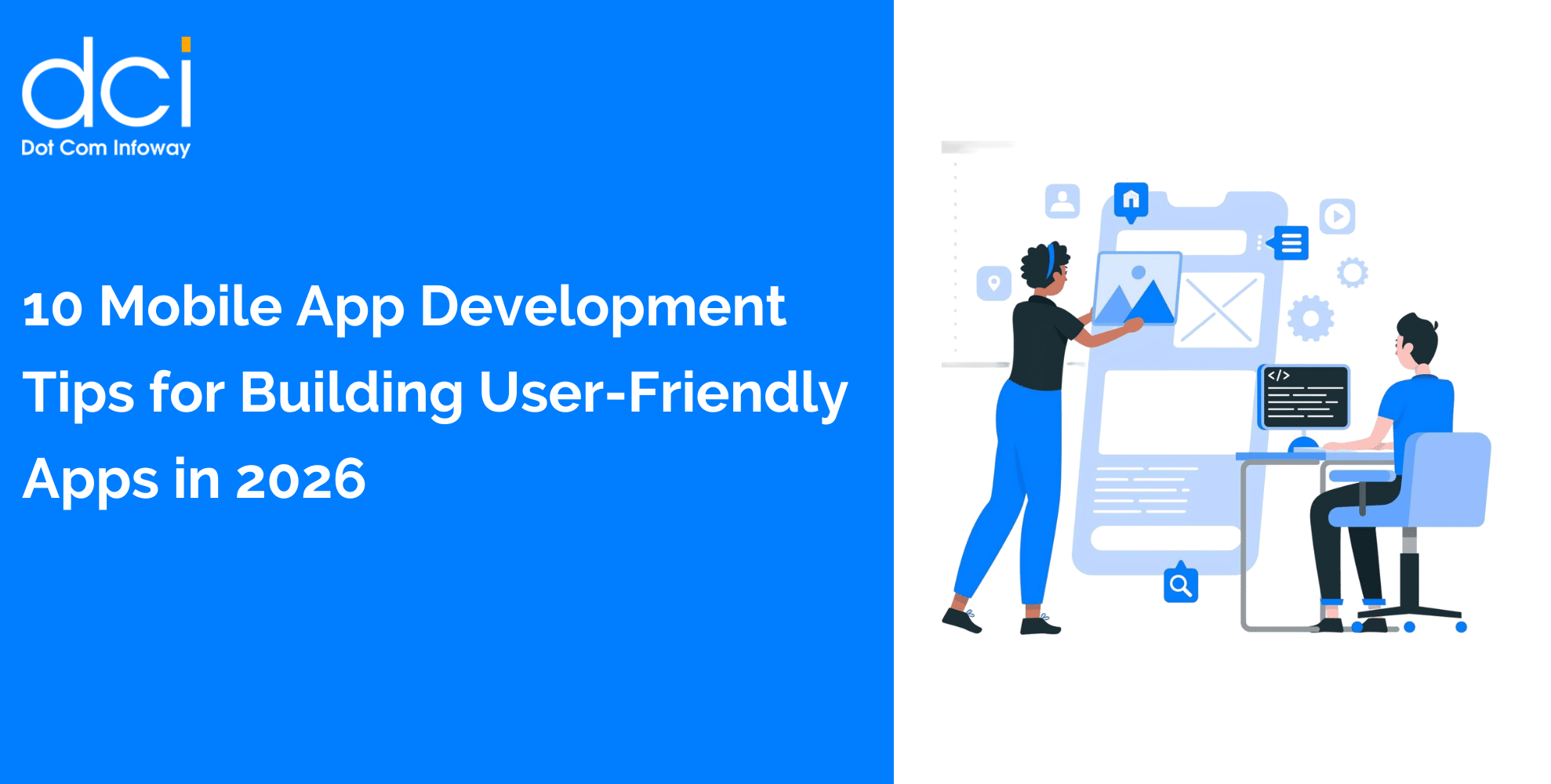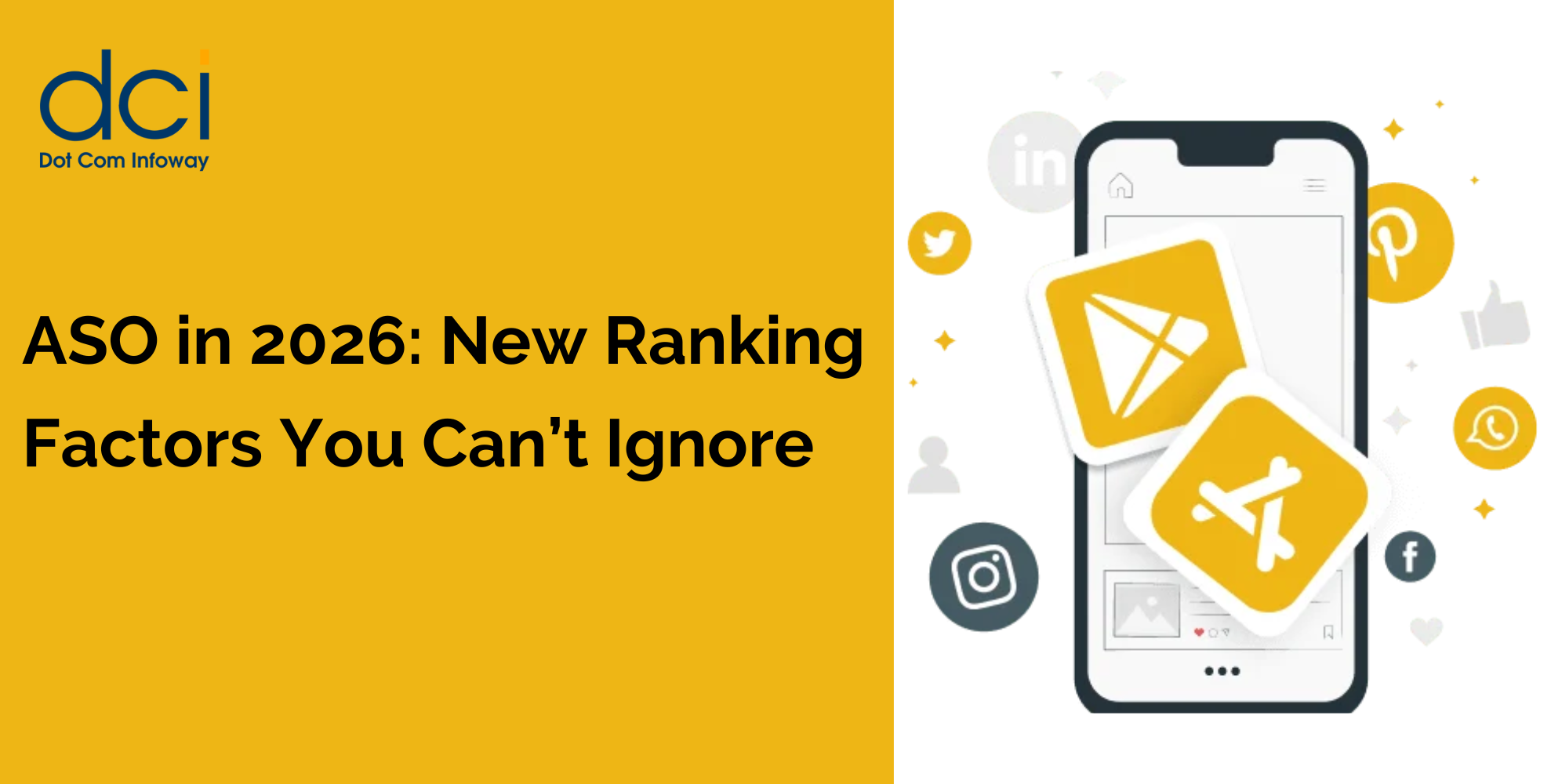How Performance Marketing is Redefining Success in 2025
Performance marketing has long been a favorite strategy for businesses because of its focus on measurable outcomes like clicks, leads, and sales. But as we step into 2025, this approach is evolving in ways that go far beyond metrics. The shift toward first-party data collection is redefining how brands connect with their audiences. With third-party cookies on their way out, marketers are now focusing on building trust through personalized interactions that encourage customers to willingly share their information.
Technology is also rewriting the playbook. Artificial intelligence (AI) and machine learning (ML) are no longer just buzzwords—they’re essential tools that power smarter, more precise marketing campaigns. These tools help businesses predict consumer behavior, personalize experiences, and optimize campaigns in real time. The result? Marketers can meet their audiences’ needs faster and more effectively, all while creating campaigns that feel personal and impactful.
Above all, today’s consumers want more than just ads—they want meaningful experiences that respect their privacy and offer real value. This is the essence of performance marketing in 2025: moving from a purely transactional focus to building deeper, trust-based relationships. Businesses that embrace this new vision will not only achieve success but also foster loyalty in an increasingly competitive digital world.
Key Trends Driving the Future of Performance Marketing in 2025
The Rise of Artificial Intelligence and Machine Learning
Artificial intelligence (AI) and machine learning (ML) are no longer futuristic concepts—they are integral to performance marketing. By 2025, their role will expand further, enabling marketers to automate processes, analyze vast datasets, and make smarter decisions.
For instance, AI can predict when a consumer is most likely to purchase based on past behavior, allowing marketers to schedule ads for maximum impact. Machine learning algorithms can continuously optimize campaigns by identifying what works best in real time. The efficiency and scalability offered by these technologies are game-changers for businesses of all sizes.
Privacy-First Advertising Strategies
The digital advertising world is entering an era of privacy-first approaches. Regulations such as the General Data Protection Regulation (GDPR) and the California Consumer Privacy Act (CCPA) shape the way data is collected and used, so marketers must prioritize transparency and consumer consent.
In 2025, businesses will need to shift to strategies like server-side tracking and adopt first-party data practices. Contextual targeting—showing ads based on the content being consumed rather than individual profiles—will regain popularity as a privacy-compliant alternative to behavior-based targeting.
Why Performance Marketing Matters for Business Owners in 2025
Performance marketing’s focus on measurable results makes it a cornerstone for business growth. Unlike traditional advertising methods, where results can be ambiguous, performance marketing ensures every penny spent contributes to specific objectives.
For small and medium-sized businesses (SMBs), this approach levels the playing field, enabling them to compete with larger players. Advanced tools like blockchain-based ad verification systems will also add a layer of transparency, ensuring businesses know exactly where their ad spend is going and the impact it’s generating.
Emerging Tools and Platforms for Performance Marketing in 2025
Programmatic Advertising Platforms
Programmatic advertising automates the process of buying and selling ad inventory in real time. By 2025, these platforms will become more sophisticated, integrating AI capabilities to make smarter decisions about targeting and budgeting.
For example, programmatic platforms can identify high-performing ad slots on websites and apps and bid for them instantly, ensuring brands reach the right audience at the right time. This level of precision reduces wasteful spending and maximizes ROI.

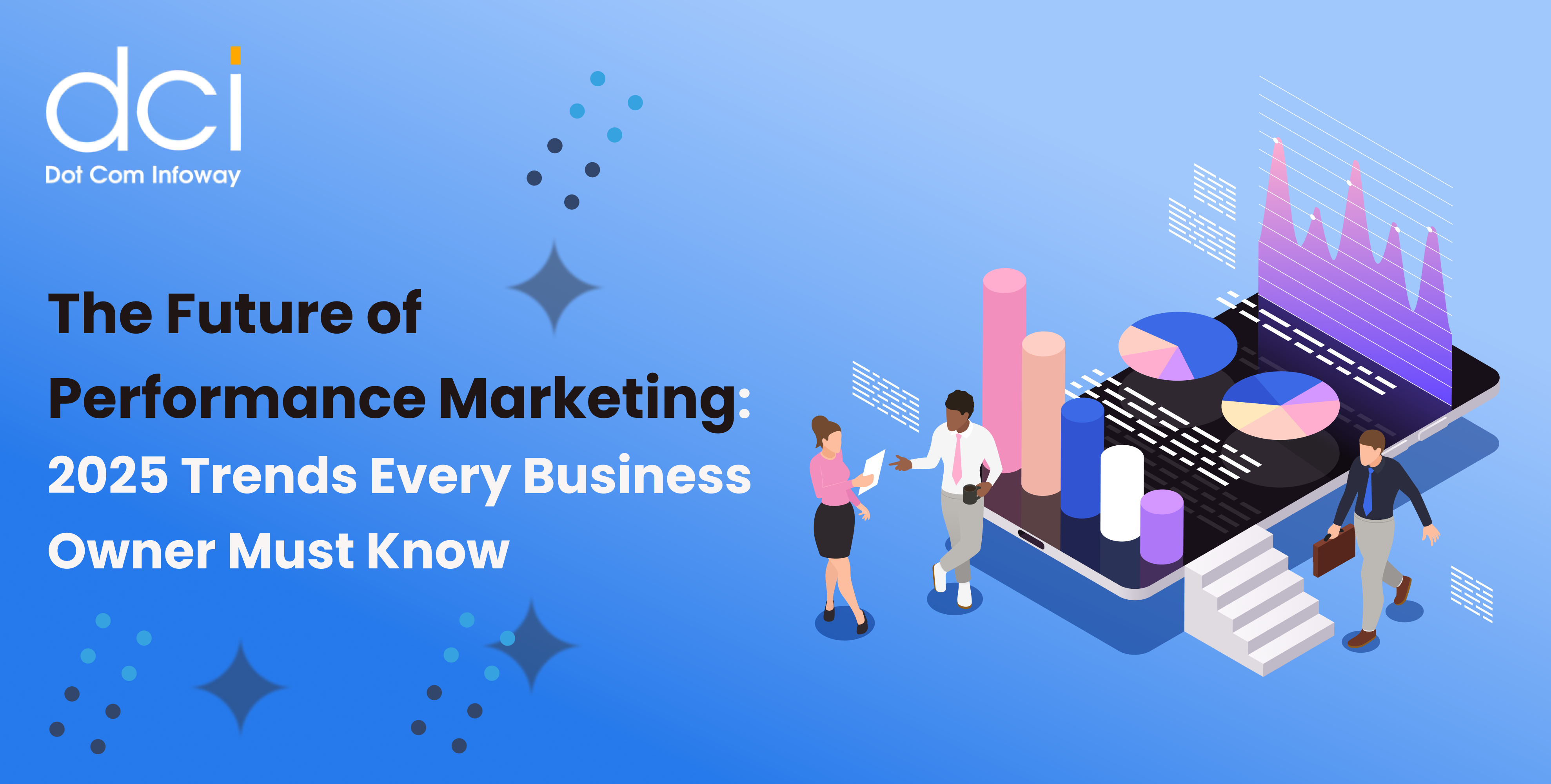





![The Game Marketing Guide: Pre and Post-Launch Strategies [Infographic]](https://www.dotcominfoway.com/wp-content/uploads/2023/09/DCI-Game-Marketing-blog-1.jpg)
